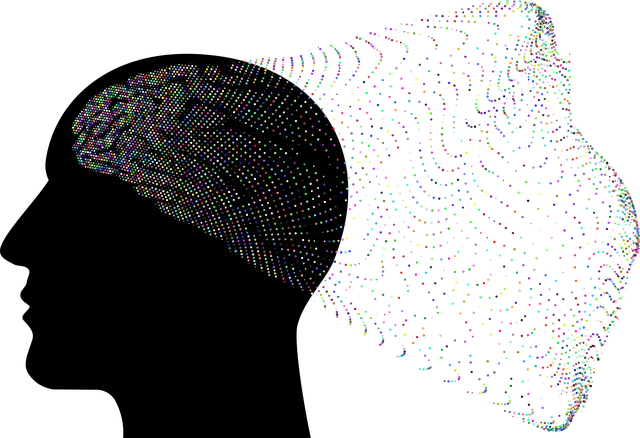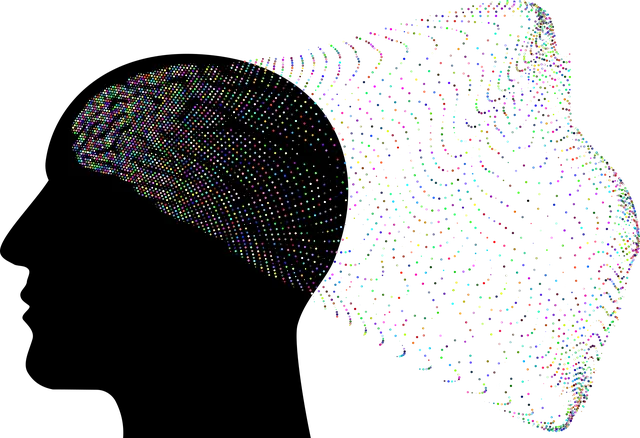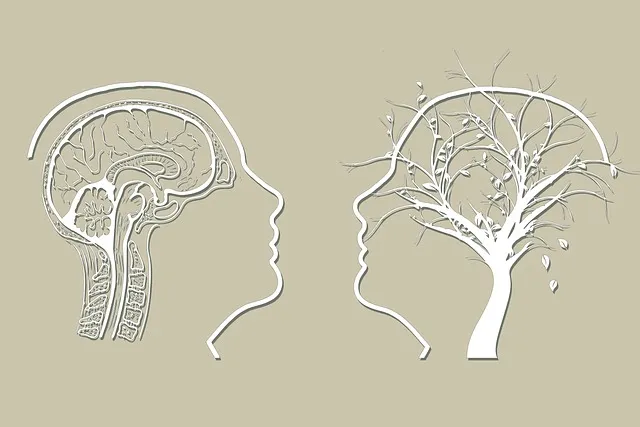Mental health stigma, fueled by media misrepresentation and historical fear, hinders access to care and leads to discrimination. Organizations like Kaiser Permanente in Littleton combat this through accessible psychiatry services, raising awareness, fostering emotional intelligence, and implementing safe risk management for professionals. Media has a powerful influence on public perception; accurate representations reduce stigma and encourage timely intervention. In Littleton, Kaiser Permanente Psychiatry offers personalized guidance via their publicly available phone number, addressing stress management to social skills training. Involving individuals with lived experiences in media production and collaborating with organizations like Kaiser Permanente psychiatry phone number Littleton fosters empathy and breaks down barriers for mental health support.
In today’s digital age, media plays a pivotal role in shaping societal perceptions of mental health. This article explores how mental illness representation in media can challenge deeply ingrained stigmas while offering valuable resources, such as the Kaiser Permanente Psychiatry Phone Number in Littleton. We delve into the impact of media on public understanding, highlight the importance of positive portrayals, and discuss strategies for accurate and empathetic representation to foster a more supportive environment for individuals facing mental health challenges.
- Understanding Mental Health Stigma in Society
- The Role of Media in Shaping Public Perception
- Kaiser Permanente Psychiatry Phone Number: A Resource
- Encouraging Positive Portrayals on Screen
- Strategies for Accurate and Empathetic Representation
Understanding Mental Health Stigma in Society

Mental health stigma is a pervasive issue that often prevents individuals from seeking help and contributes to misconceptions about various psychiatric disorders. Society’s perception of mental illness has historically been shaped by fear, misunderstanding, and misrepresentation in media, leading to discrimination and ostracization of those affected. This stigma can significantly impact the lives of people struggling with their mental health, causing them to isolate themselves, face employment challenges, and even experience physical harm due to a lack of support.
Addressing this challenge requires a multifaceted approach. Organizations like Kaiser Permanente, through their psychiatry phone services in Littleton, are making strides by providing accessible resources and raising awareness. Promoting the Mind Over Matter principles of self-care and resilience can empower individuals to manage their mental health proactively. Additionally, fostering Emotional Intelligence helps in recognizing and supporting peers, while effective Risk Management Planning for Mental Health Professionals ensures safe and compassionate care, thereby reducing stigma and encouraging timely intervention.
The Role of Media in Shaping Public Perception

Media plays a pivotal role in shaping public perception about mental illness, influencing how society understands and responds to it. The portrayal of individuals with mental health conditions in television shows, movies, and news articles can either perpetuate harmful stereotypes or foster empathy and understanding. Unfortunately, media representation has often fallen short, leading to misconceptions and stigma surrounding psychiatric disorders. For instance, a simple search for the Kaiser Permanente psychiatry phone number Littleton might yield limited results on how to access these services, reflecting potential gaps in community awareness.
Cultural sensitivity in mental healthcare practice is essential to addressing these issues. By presenting diverse narratives that reflect real-life experiences, media can provide a platform for raising awareness about depression prevention and crisis intervention guidance. It empowers viewers by humanizing mental illness, encouraging open dialogue, and promoting early detection. This shift towards accurate representation can significantly impact the way people seek help, ultimately improving access to quality psychiatric care, as evidenced by initiatives like those offered by local healthcare providers in Littleton.
Kaiser Permanente Psychiatry Phone Number: A Resource

For those seeking professional support for mental health concerns, Kaiser Permanente Psychiatry offers a valuable resource with their phone number readily available in Littleton and beyond. This direct line connects individuals to trained psychiatrists who can provide expert guidance and treatment options tailored to specific needs. Whether it’s managing stress through effective stress management techniques or navigating complex emotional conflicts using conflict resolution skills, the team is equipped to assist.
In addition to these support services, Kaiser Permanente Psychiatry may offer social skills training programs designed to empower individuals with coping strategies for everyday challenges. By leveraging this resource, residents of Littleton and surrounding areas can take proactive steps towards improving their mental well-being and fostering a more balanced lifestyle.
Encouraging Positive Portrayals on Screen

In the quest for a more inclusive representation of mental illness, media plays a pivotal role. Encouraging positive portrayals on screen is essential, as it can significantly impact public perception and understanding of various psychiatric conditions. By showcasing characters with mental health struggles in a nuanced and realistic light, media can foster empathy and reduce the stigma associated with seeking help. This shift can be instrumental in encouraging individuals to reach out for support, just like they would contact a Kaiser Permanente psychiatry phone number Littleton for guidance.
A balanced approach is necessary, where stories of recovery and resilience are interwoven with accounts of challenges faced. Such narratives can highlight the importance of access to quality healthcare, including training for healthcare providers in cultural competency, which is crucial in ensuring effective support for diverse populations. Emphasizing emotional regulation and confidence-boosting strategies within these storylines can further contribute to a more holistic understanding of mental well-being.
Strategies for Accurate and Empathetic Representation

Mental illness representation in media plays a pivotal role in shaping public understanding and attitudes. To challenge stereotypes and promote empathy, various strategies for accurate and empathetic portrayal are essential. One effective approach is to involve individuals with lived experiences as consultants or contributors during production. This ensures authenticity and helps avoid tokenism, fostering deeper understanding of the complexities associated with mental health.
Additionally, media outlets can collaborate with organizations like Kaiser Permanente Psychiatry Phone Number Littleton or Trauma Support Services to develop Empathy Building Strategies. These collaborations can include producing informative content that highlights the diversity of mental illness experiences, as well as hosting Stress Management Workshops to educate both creators and audiences. By integrating these initiatives, media can contribute to a more nuanced and compassionate narrative, breaking down barriers and promoting support for individuals grappling with mental health challenges.
In challenging mental illness stigma, media representation plays a pivotal role. By encouraging positive portrayals, accurately depicting experiences, and fostering empathy through storytelling, we can create a more understanding society. The Kaiser Permanente Psychiatry Phone Number in Littleton serves as a valuable resource for those seeking support, underscoring the importance of accessible mental health services. Through strategic representation, media has the power to revolutionize public perception, promote compassion, and ultimately revolutionize how we approach mental well-being.






